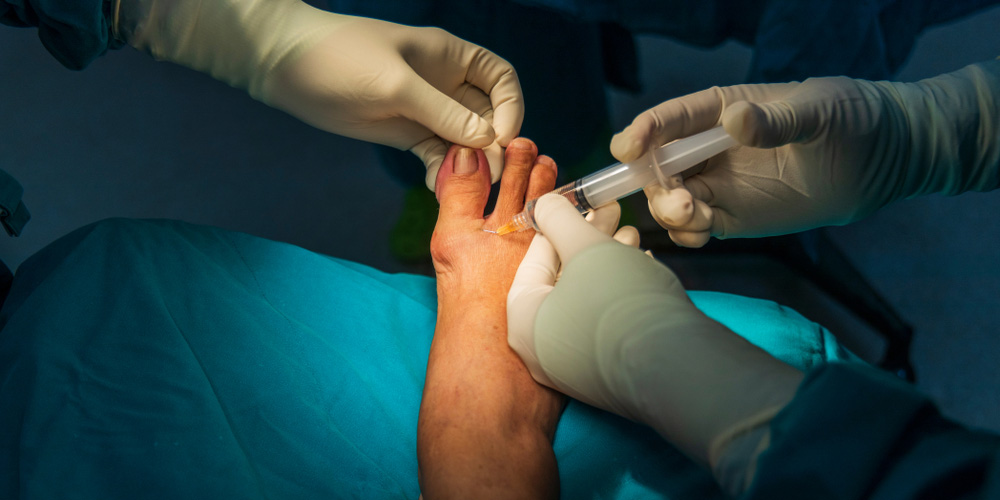
Peripheral Nerve Surgery

Peripheral Nerve Injury Surgery in Thane

Peripheral neuropathy causes weakness, numbness, and pain in the hands and feet, usually as a result of damaged nerves outside the brain and spinal cord. In addition to digestion, urination, and circulation, it can affect other body functions.
A peripheral nervous system transmits information to and from the brain and spinal cord (central nervous system). Nerves in the peripheral system transmit sensory information to the central nervous system as well.
Among the causes of peripheral neuropathy are nerve injuries, infections, metabolic problems, and inherited defects. In most cases, diabetes is the cause.
What are peripheral nerves?
All the organs of the body receive messages from the brain and spinal cord through peripheral nerves . These messages and signals allow the body to move, feel, and even sense. The peripheral nerves are very delicate and sensitive; they are very easy to damage. As they are made of axons, a type of fibre, the peripheral nerves are also protected by the tissues around them.
Nerve damage is known as peripheral neuropathy. It affects the ability of the brain to communicate with other parts of the body.
What is Peripheral Nerve Surgery?
Peripheral nerve surgery is a type of surgery that is performed to repair or reconstruct damaged or diseased peripheral nerves. Peripheral nerves are located outside of the brain and spinal cord, and they are responsible for transmitting signals between the brain and the rest of the body.
Common conditions that may require peripheral nerve surgery include nerve compression, nerve injury, nerve tumors, and peripheral neuropathy. The goal of peripheral nerve surgery is to restore function and reduce pain in the affected area. This can be achieved through a variety of techniques, including nerve repair, nerve grafting, and nerve transfer.
Treatments
- Brain & Spine tumour (Neuro-oncology)
- Vascular Neurosurgery (Neuro endovascular)
- Neuroendoscopic & Skull base surgery
- Traumatic brain surgeries (Neurotrauma)
- Pediatric Neurosurgery
- Spine surgery
- Minimally invasive brain & spine surgery
- Epilepsy surgery
- Functional neurosurgery
- Neuronavigation surgery
- Peripheral nerve surgery
Choose Our Doctor For The Best Care Of Yourself
Experience Life in the Fast Lane? Your Recovery Can Keep Up
Schedule an AppointmentCopyright © Dr. Anish Gandhi Rights Reserved